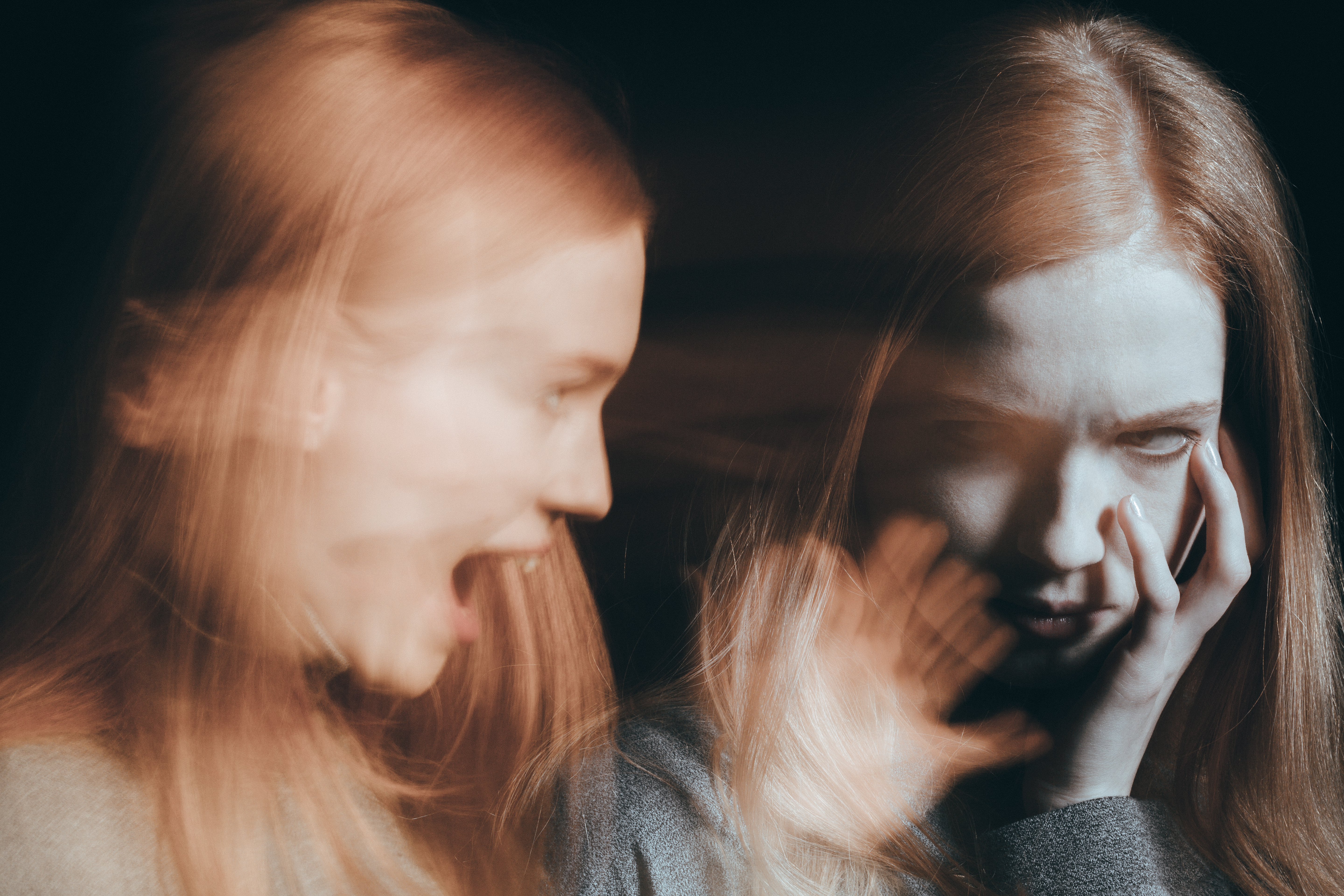10 Telltale Signs of Schizophrenia You Need to Know
Schizophrenia is a complex mental disorder that affects how a person thinks, feels, and behaves. It often manifests in late adolescence or early adulthood, impacting approximately 20 million people worldwide. The disorder is characterized by episodes of psychosis, which include hallucinations, delusions, and disorganized thinking. Despite its prevalence, schizophrenia is often misunderstood, leading to stigma and misconceptions. The journey through schizophrenia is not just about identifying symptoms but also understanding the underlying mechanisms and the impact on daily life. Each sign represents a facet of the disorder, intertwining to form a complex tapestry that challenges both the individual and those around them. This article will delve into 10 telltale signs of schizophrenia, exploring its nuances and implications. We will also discuss how these signs interrelate, painting a holistic picture of schizophrenia. By the end of this guide, readers will gain a deeper insight into the disorder, fostering empathy and awareness.
1. Hallucinations: The Distorted Reality

Hallucinations are one of the most recognized symptoms of schizophrenia, often depicted in media and literature. They involve perceiving things that are not present, affecting any of the senses. Auditory hallucinations, such as hearing voices, are the most common. These voices may be critical or commanding, creating significant distress for the individual. Visual hallucinations, though less common, can also occur, leading to the perception of people or objects that do not exist. The experience of hallucinations can be profoundly unsettling, blurring the line between reality and imagination. Understanding the nature of hallucinations is crucial in grasping their impact on individuals with schizophrenia. These experiences are not merely figments of imagination but are perceived as real, making them difficult to dismiss. The brain processes these hallucinations similarly to real sensory experiences, which can lead to confusion and fear. Support from mental health professionals can help individuals distinguish between reality and hallucination, employing strategies to manage these episodes. Family and friends play a vital role in providing reassurance and understanding, helping to alleviate the distress associated with hallucinations.
2. Delusions: Firmly Held False Beliefs

Delusions are another hallmark of schizophrenia, characterized by strongly held beliefs that are contrary to reality. These beliefs persist despite evidence to the contrary, often involving paranoia or grandiosity. Paranoid delusions may include beliefs of being persecuted or monitored, leading to mistrust and isolation. Grandiose delusions involve exaggerated perceptions of one's importance or abilities, which can result in erratic behavior. These delusions can significantly disrupt an individual's life, affecting relationships and daily functioning. The nature of delusions in schizophrenia is complex, intertwining with the individual's thoughts and emotions. They often arise from a need to make sense of confusing or distressing experiences, providing a framework for understanding the world. However, this framework is flawed, leading to distorted perceptions. Cognitive-behavioral therapy (CBT) is often used to address delusions, helping individuals challenge and reframe their beliefs. This therapeutic approach, combined with medication, can reduce the intensity of delusions, improving the individual's quality of life. Understanding and empathy from loved ones can also aid in managing these challenging symptoms.
